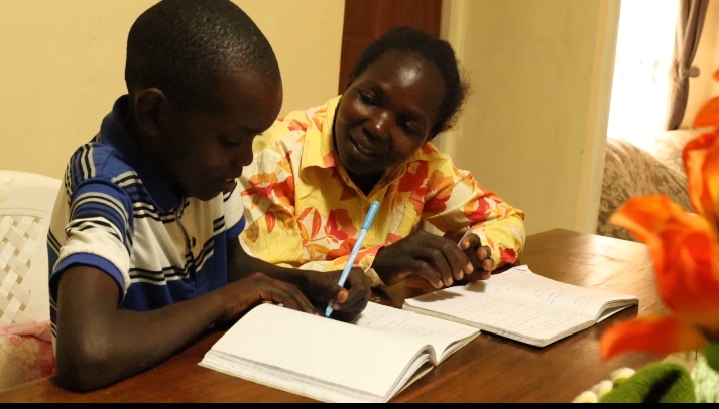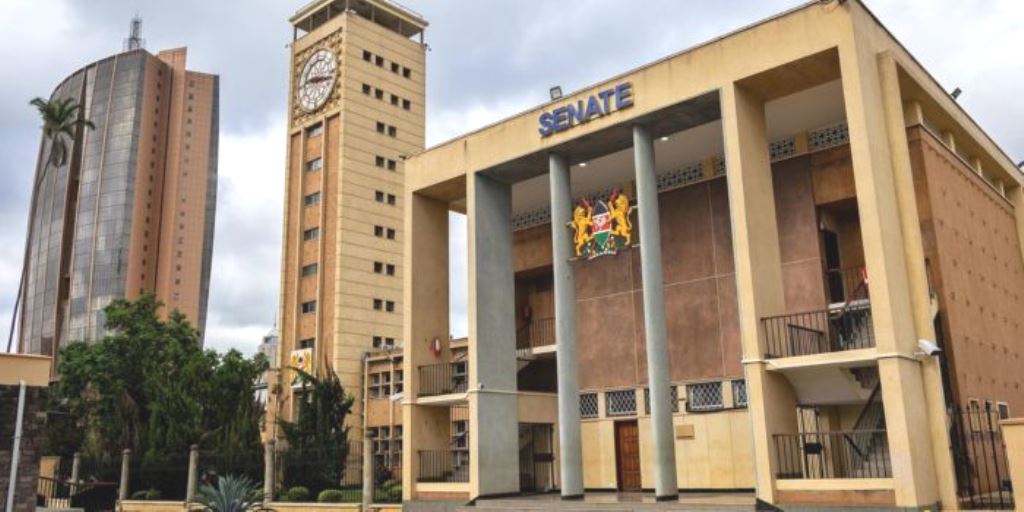Next Monday, national examinations officially begin nationwide. It will be a season of heightened anxiety, strict routines, and renewed calls for honesty within the education system. From the smallest sub-county to the largest urban centre, Kenya’s academic machinery will shift into examination mode — the most sensitive time in the education calendar. Yet, beyond the excitement and seriousness of this season lies one delicate question: How secure are our examinations between 7:00 a.m. and 7:55 a.m.?
Every morning during the examination period, containers stationed at sub-county education offices are opened at exactly 7:00 a.m. Inside these containers lie the national examination papers, sealed and packed under tight security. Centre managers — head teachers for KPSEA and KJSEA, and principals for KCSE — collect these papers and transport them to their respective examination centres. Ideally, they should arrive and open the exams before candidates at precisely 7:55 a.m. under the watchful eyes of supervisors and invigilators.
That 55-minute window, though often overlooked, is the golden hour of vulnerability. It is the period when the integrity of the entire national examination system is tested — not by machines, locks, or seals, but by human honesty. The papers have left the safety of the KNEC container, but they have not yet reached the controlled environment of the examination room. In those minutes, the integrity of the centre manager becomes the most valuable security feature Kenya possesses.
Examination integrity is not merely about preventing leaks. It is about safeguarding trust — the collective belief that every child’s score reflects their own effort, and that no learner has been unfairly advantaged. When that trust is broken, an entire generation’s hard work is demeaned, and the credibility of the nation’s education system is shaken. The examination season, therefore, depends on the moral uprightness of those in direct custody of the papers: the centre managers, supervisors, and invigilators.
These three categories of officers carry the most sacred professional trust during national examinations. Once the container is opened, the centre manager receives the papers and becomes their primary custodian. He or she is expected to travel directly to the school, often escorted by police officers, without making any detours. Supervisors receive the papers upon arrival and account for their distribution and safe storage. Invigilators, in turn, oversee their administration within the examination room, ensuring fairness, silence, and adherence to the rules.
But the reality on the ground is complex. Some schools are located in remote, inaccessible areas where roads are poor and communication is limited. In such places, centre managers may have to rely on motorbikes, bicycles, or even walk to collect the examinations. In urban areas, traffic jams or logistical delays can stretch the 55-minute period dangerously thin. Police escorts are sometimes shared among several centres, and in some sub-counties, the same officers have to crisscross multiple routes. This means that in many instances, the centre manager travels alone, carrying national examinations in a personal vehicle or on a motorbike. This heavy responsibility tests not only one’s efficiency but also one’s integrity.
It is during this time that temptation lurks. Unscrupulous individuals may offer bribes or pressure centre managers to reveal the contents of the papers. Others may attempt to photocopy or take images of question papers. A brief unsupervised moment, a short stop at a market centre, or even a misplaced envelope can spell disaster. The difference between a national scandal and a successful examination season can often be traced back to one person’s choice in that fragile 55-minute window.
READ ALSO:
Parents cry foul over costly school requirements as KPSEA and KJSEA begin next week
That is why integrity must remain the shield of every officer entrusted with examination materials. Centre managers must remember that they are not just transporting papers — they are carrying the future of Kenyan children. Supervisors must ensure that every packet is opened only in the presence of candidates, without shortcuts or secrecy. Invigilators must maintain discipline in examination rooms and resist the lure of collusion, assistance, or negligence. Each of these officers must uphold their professional oath and guard against any action that could compromise the credibility of the process.
KNEC, the Teachers Service Commission (TSC) and the Ministry of Education have done commendable work in tightening examination security through the container system and multi-agency coordination. The frequency of large-scale leaks has reduced drastically over the years. However, no security system can ever be stronger than the character of the people operating it. Cameras, seals and police escorts are valuable, but they cannot substitute for honesty, vigilance and accountability.
There is, therefore, a moral duty on the part of every education officer to treat these 55 minutes as a sacred trust. The same level of seriousness applied to academic marking and grading must be exercised in the transportation and handling of scripts. Every head teacher or principal should remember that the nation’s confidence in its education system is, at that moment, riding in their vehicle or resting in their hands.
As a country, we must continue exploring ways to strengthen this critical window. Digital tracking systems could help monitor movement in real-time. GPS devices could be placed on exam packages. Centre managers could be required to log digital timestamps at collection and delivery points. Police officers accompanying them could sign accountability forms confirming safe delivery. Even a simple innovation, such as timestamped photographs at handover points, could reinforce transparency. But technology alone cannot replace the central pillar — personal integrity.
Integrity means doing the right thing when no one is watching. It is the quiet voice that reminds an officer that their reputation, the dignity of their profession and the future of thousands of candidates depend on their actions. It is the moral courage to say “no” to shortcuts, to resist temptation and to value the collective future over personal gain.
When the first container opens next Monday, Kenya’s faith in fair examinations will again be tested—not in the examination rooms, but on the roads, in the cars, on the motorbikes, and in the hearts of the men and women transporting those precious packages. The true guardians of examination integrity are not the locks or the police escorts, but the centre managers, supervisors, and invigilators who choose honesty over convenience, duty over temptation and service over corruption.
For Kenya to maintain the credibility of its education system, we must all stand by one principle: the integrity of the custodian defines the integrity of the exam.
By Ashford Kimani
Ashford teaches English and Literature in Gatundu North Sub-county and serves as Dean of Studies.
You can also follow our social media pages on Twitter: Education News KE and Facebook: Education News Newspaper for timely updates.
>>> Click here to stay up-to-date with trending regional stories
>>> Click here to read more informed opinions on the country’s education landscape
>>> Click here to stay ahead with the latest national news.






